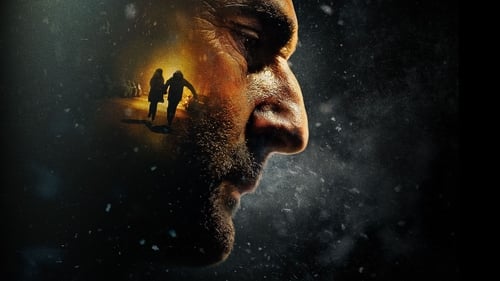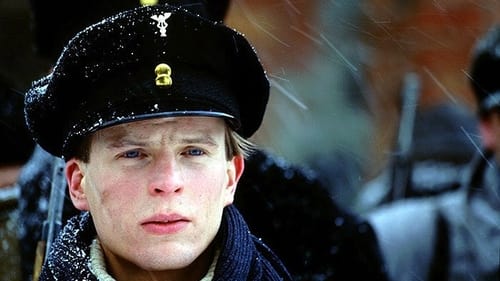
Vladimir
Mathieu, a member of the French institute in Irkutsk, is arrested overnight by the Russian authorities. Imprisoned and accused of sexual abuse on his own daughter, he realises he is a victim of a Kompromat. With the help of the FSB, someone has built up a case to frame him. Isolated, he has no one to turn to. Proving his innocence is impossible: the only solution is to escape.

Lebedev's Coachman
An adventurous tragedy about Estonia's first film maker Johannes Pääsuke and his aspirations to travel around with a film camera and find happiness. Together with a good friend, Volter, Pääsuke will spend an incredible week in Setumaa.

Kaarel
When Joko, Ants and Reeda, all in their own good reasons, first enter a casino, they can't possibly be aware of the very existence of the demons inside them. Soon enough, they will know. But then it is already too late and their lives are suddenly caught in a fatal vortex.

Rüa Piitre
The first film in the Seto language in the world speaks about the brightest heroine of a small people, the folk singer Hilana Taarka, a woman who lived her whole life as an outcast in a small chimney-less hut; as an unmarried mother of children in poverty, begging her bread, doing odd jobs and singing. She always sang the truth, sometimes bitter, sometimes funny, sometimes cruel. She was feared, despised and coveted. Taarka sang throughout her remarkable life, throughout her fate, from a small Seto village to international fame. And she sang well. Really well. Taarka became the Mother of the Song, a legend. But as a woman, as a member of the community, the Seto people never really accepted her. Taarka - a despised woman and a worshiped singer.

Based on an acclaimed 1935 novel about the War of Liberation (1918-1920) that ensured Estonia's independence, the film tells about a group of young schoolboys heading to the front to fight the army of Soviet Russia.



